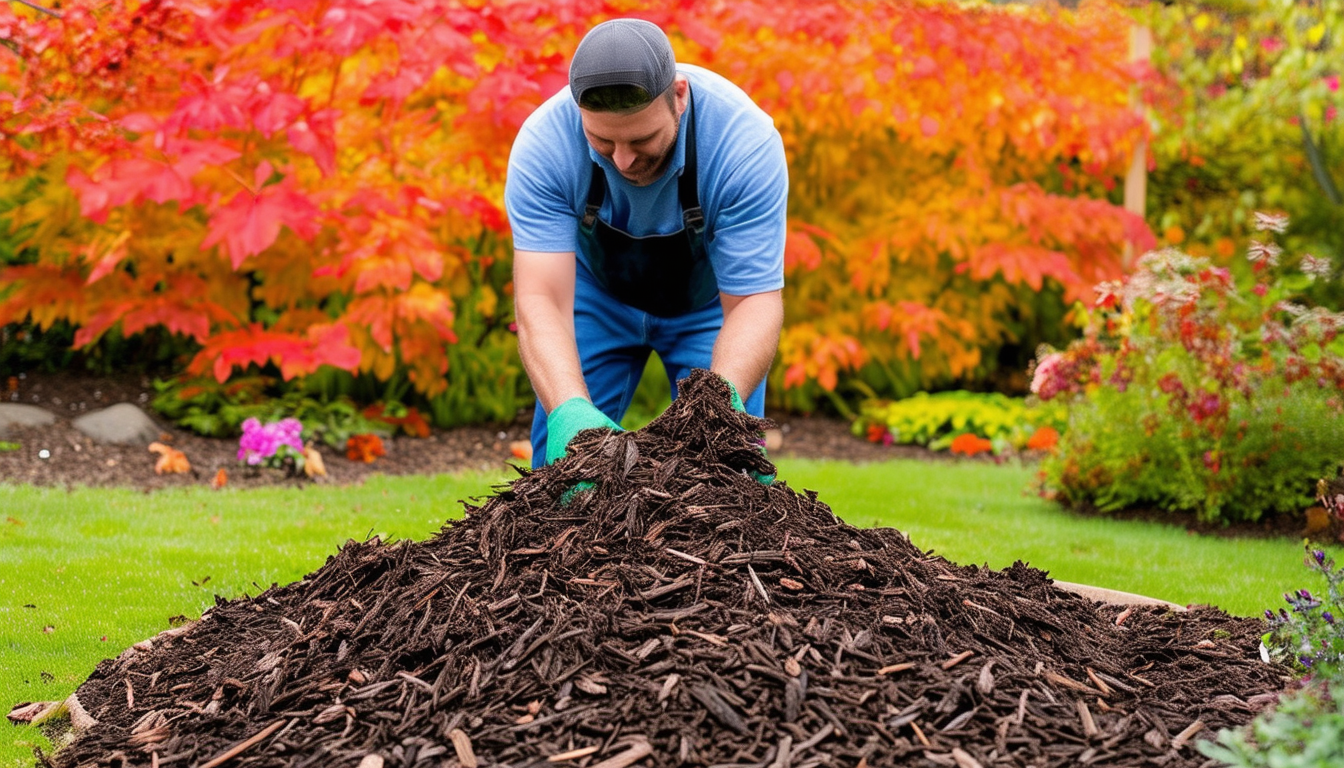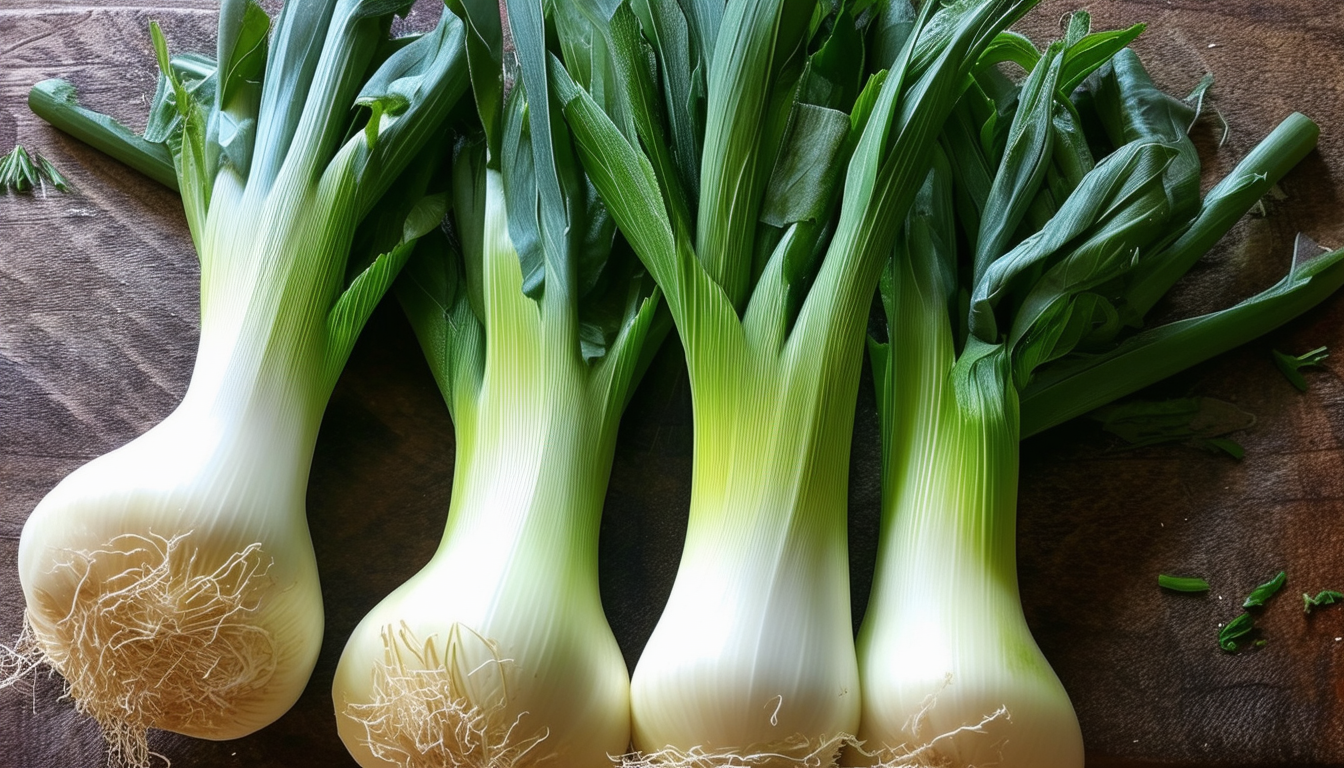
Ensure your flower beds survive winter with our expert mulching tips.
Why Mulching is Essential for Winter
Mulching during the winter season is crucial for protecting your plants and soil. The layer of mulch acts as an insulator, keeping the soil temperature stable. This helps protect the roots from extreme cold and frost heave, which can push plants out of the ground.
Additionally, mulch helps retain moisture in the soil. During winter, the ground can dry out due to cold winds and less frequent watering. Mulch prevents water evaporation, ensuring your plants stay hydrated. It also reduces soil erosion and prevents weed growth, giving your flower beds a neat and tidy appearance.
Choosing the Best Mulch for Your Flower Beds
Selecting the right mulch is key to ensuring your flower beds are well-protected. Organic mulches, such as shredded leaves, straw, and wood chips, are excellent choices. They decompose over time, adding nutrients to the soil.
Inorganic mulches like gravel or landscape fabric can also be used, but they do not offer the same soil enrichment benefits. For winter protection, heavier mulches like wood chips or straw are ideal. They provide better insulation and are less likely to be blown away by wind.
Preparing Your Flower Beds for Mulching
Before applying mulch, it's important to prepare your flower beds properly. Start by removing any weeds or debris to ensure a clean surface. Prune any dead or damaged plant parts to promote healthy growth in the spring.
Next, water your flower beds thoroughly. Moist soil will help the mulch settle and stay in place. If you're using organic mulch, consider applying a layer of compost or fertilizer before mulching to boost soil fertility.
5 Steps - Step-by-Step Mulching Process
1. **Measure the Area**: Calculate the square footage of your flower beds to determine how much mulch you'll need.
2. **Choose Your Mulch**: Select the appropriate type of mulch for your needs (organic or inorganic).
3. **Apply the Mulch**: Spread a 2-4 inch layer of mulch evenly over the soil. Be careful not to pile it against plant stems to prevent rot.
4. **Water the Mulch**: Lightly water the mulch to help it settle and stay in place.
5. **Inspect and Adjust**: Periodically check the mulch throughout the winter and add more if it gets displaced.
Maintaining Mulch Throughout Winter
Maintaining your mulch is essential to ensure ongoing protection for your flower beds. Regularly inspect the mulch layer to make sure it hasn't been disturbed by wind or animals. Add more mulch if necessary to maintain the 2-4 inch layer.
If you experience heavy snowfall, you might need to redistribute the mulch after the snow melts. Keep an eye out for any signs of mold or mildew, which can occur if the mulch stays too wet. In such cases, lightly raking the mulch can help improve air circulation and prevent fungal growth.
Does mulching benefit insects and wildlife?
Yes, mulching can be beneficial for insects and wildlife. Organic mulches provide a habitat for beneficial insects like earthworms and beetles that help improve soil structure and fertility. These insects break down the organic material, releasing nutrients into the soil.
Mulch also offers shelter for small wildlife such as frogs and beneficial insects that help control pest populations. However, it's important to use mulch responsibly to avoid attracting unwanted pests like rodents.
Can I create my own mulch?
Absolutely! Creating your own mulch is a cost-effective and environmentally friendly option. You can make mulch from garden waste such as fallen leaves, grass clippings, and small branches. Shredding these materials will help them decompose faster and create a more uniform mulch.
Another option is to compost organic kitchen scraps and yard waste. Once the compost is well-decomposed, it can be used as a nutrient-rich mulch. Homemade mulch not only reduces waste but also enriches your soil with valuable nutrients.



